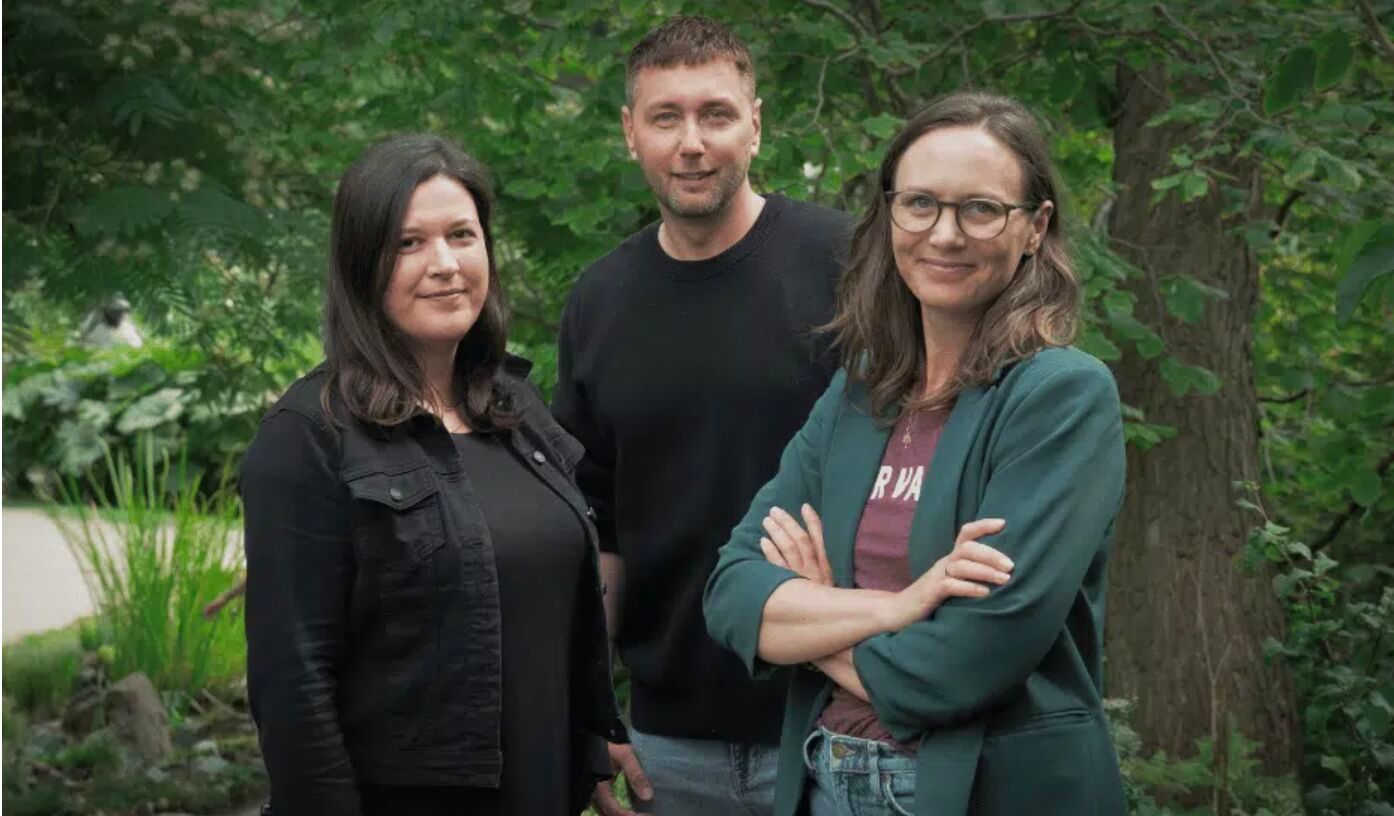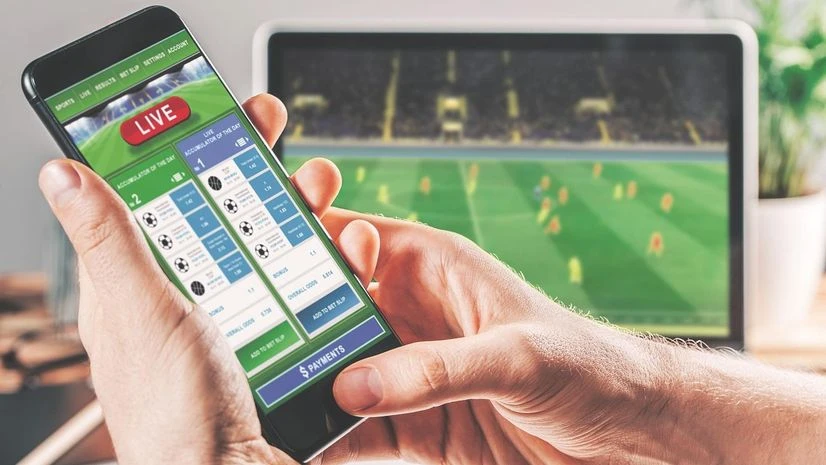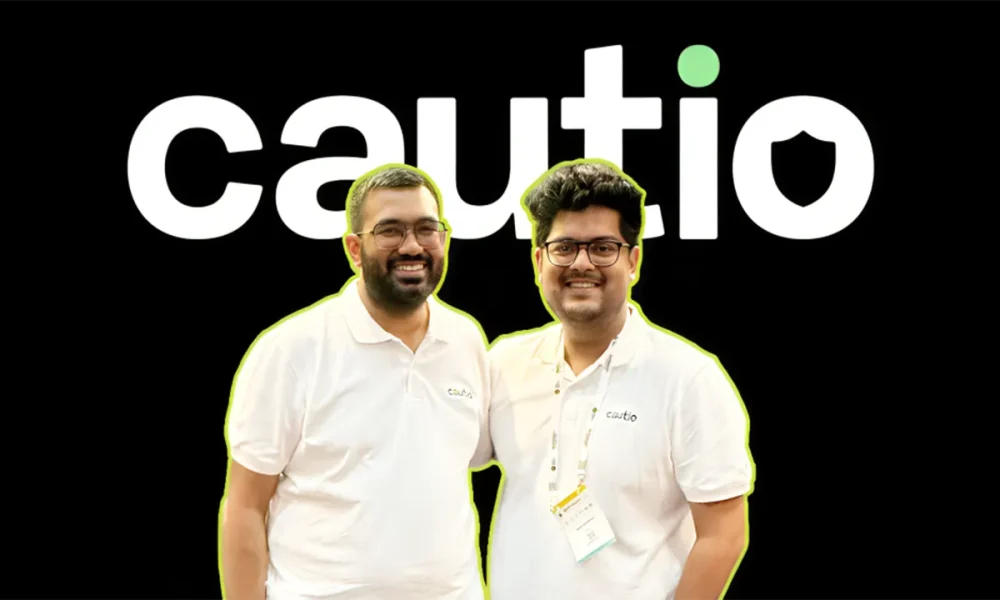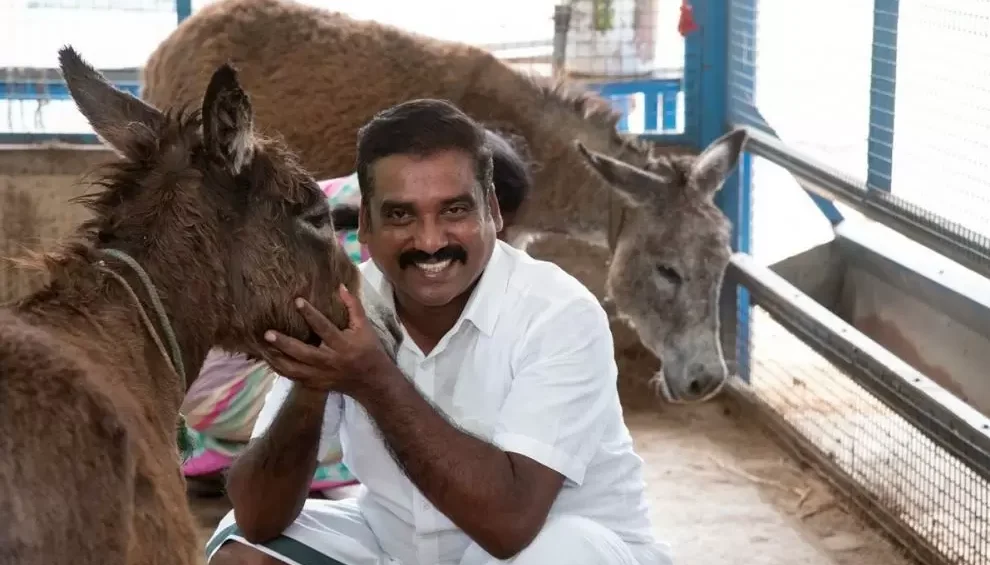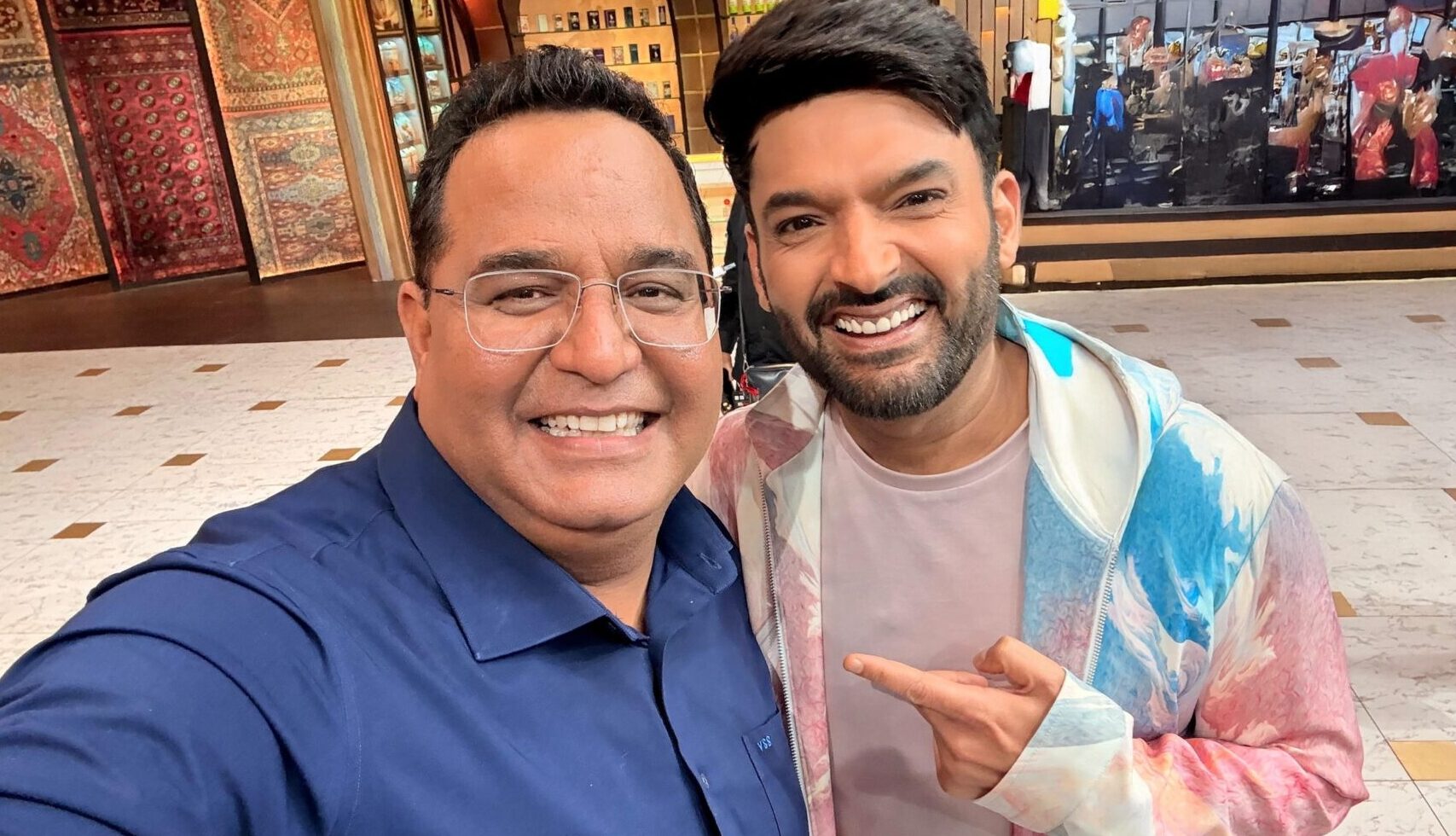What do you do after you are done cutting your vegetables and fruits? You throw the peels in the bin, right? But did you know that those discarded bits of fruit and vegetable scraps are considered wet waste, and India is struggling with a wet waste management system?
A waste audit conducted across 500 urban households in Hyderabad found that each household generated approximately 0.9 kg of organic (wet) waste per day. In urban India, about 62 million tonnes of waste are generated annually, with wet waste forming the majority share.
Despite the heavy amount of waste, segregation and disposal practices are still meagre in India and as a result much of the wet waste ends up in overflowing landfills. Delhi’s landfills are an apt examples of this growing problem.
But this is where Mankomb, a Bangalore-based startup, steps in. Mankomb is redefining sustainable luxury through sophisticated AI-driven home appliances designed specifically for discerning Indian homes. In a recent conversation with Ascendants, Dinesh, the co-founder and CMO of Mankomb, we discovered insights about its vision and operations.
The Spark Behind the Idea
When asked about the sole purpose behind Mankomb, Dinesh shared that the idea for the company was born out of a personal frustration with how India is perceived globally.
“Having spent significant time abroad, I was always struck by how misunderstood India’s relationship with cleanliness is,” he said. “No matter how much I tried to defend it, I could see why that was the case.” Said Dinesh talking to Ascendants
With a background spanning healthcare, pharma, biotech, education, and AI, he saw an opportunity to use artificial intelligence to address sustainability challenges. “Why should we be doing the housework? Shouldn’t AI be helping with that and letting us focus on the creative stuff?” he asked. That question led to Mankomb, a deep tech, AI-native company on a mission to make sustainability “effortless, accessible, and fun.”
Their vision is a world where all forms of energy that enters the household – sunlight, water, and nutrients are conserved, reused and recycled. A world where sustainability is decentralized and democratized, and nothing goes to waste nor ends up in a landfill.
Their first step in that direction is Chewie, an AI-powered wet waste management appliance that he called their “flagship product.”
Chewie

At the heart of Mankomb’s mission is Chewie – their flagship smart appliance that uses computer vision, automated composting, and intelligent sensors to process household wet waste.
How It Works:
- Automated Lid & Disposal: Walk up, drop your scraps, and walk away.
- Smart Recognition: A camera scans the waste. If there’s a metal spoon or non-compostable item, the system alerts the user.
- AI-Driven Digestion: The device customizes the composting cycle based on what’s inside.
- Rapid Processing: Converts food waste into nutrient-rich “regen soil” in 8 to 40 hours — far faster than traditional composters.
- Self-Cleaning Funnel: A sprayer rinses the funnel after each use, preventing odor and mess.
- App Notifications: Users get updates on cycle progress and reminders.
- Odorless, Quiet Operation: An advanced carbon-filtration system keeps the experience completely smell-free and whisper-silent.
“Chewie’s automatic collection tray is thoughtfully designed to hold up to a month’s worth of waste for a typical Indian household.”, Dinesh shared while talking to Ascendants.
Why Start at the Household Level?
When asked why Mankomb chose to address waste management at the household level rather than scaling up to municipal systems, Dinesh explained:
“There are already several great B2B and community-level composting initiatives in Bengaluru, Kochi and Mumbai. But these efforts often depend on a few dedicated individuals, and if even one person slips up, the entire system can fall apart. Managing waste at scale is incredibly complex, and traditionally, most people treat it as someone else’s problem.”

Wet waste, in particular, is seen as unpleasant—something people just want to get rid of. After a meal, it’s easy to dump the scraps and assume it’s no longer your concern. That mindset has been a major barrier in India. But as climate change intensifies and landfills overflow, people are starting to ask: ‘What can I do about it?’ India’s organic matter comprises about 50–60 % of India’s municipal solid-waste stream—which ends up in landfills, attracting pests, creating harmful leachate that contaminate groundwater, and even causing air pollution through incineration.
“If every household could manage its own wet waste, we’d not only reduce the load on public systems but also improve quality of life. Our product, Chewie, isn’t just a waste management device—it’s a lifestyle upgrade. It empowers families, especially children, to take responsibility and live more sustainably”, said Dinesh.
From Premium to Scalable
Chewie is currently positioned as a premium appliance, targeting early adopters, sustainability-conscious families, returning NRIs, and residents in high-rise apartments or villas.
But the Mankomb team is already thinking ahead.
“We’ve developed smaller, more affordable variants like Chewie Z – a more compact, affordable variant aimed at Tier-2 and Tier- 3 cities. Our goal is to scale this nationwide, eventually, even globally.”
More Than Waste: The Bigger Vision
Dinesh shared with Ascendants how a quote by Anne Marie Bonneau, an author and a speaker who goes by @zerowastechef on Instagram, inspired and moved him. The quote goes –
“We don’t need a handful of people doing zero waste perfectly. We need millions of people doing it imperfectly.”
Chewie embodies this philosophy, empowering millions of households to seamlessly integrate sustainability into daily life – not by demanding perfection, but by offering effortless and intelligent convenience.
“We envision homes where nothing is wasted. All water, nutrients, and even sunlight are harnessed. In the future, we want to build solar-integrated appliances, advanced water management systems, and home tech that’s designed to last, not break down.”
The inspiration? Cities like Paris, where rooftop farming and solar are already mandated.
Is Mankomb a CleanTech Brand, a Disruptor, or a Future Utility?
For now, Mankomb sees itself as a premium sustainability-focused home appliance brand. But with its ambitions in energy, water, and environmental technology, it’s clearly on a path to becoming a clean-tech disruptor.
“In a way, today’s waste solutions are like bicycles in an automotive age – admirable but slow. We want to be the Electric Vehicles of sustainability – fast, smart, and desirable. We want to change the perception that going green means compromising comfort.”
ManKomb : More Than a Product
As India faces increasing waste and environmental challenges, Mankomb offers more than a product, it offers a mindset shift. One where sustainability is no longer a chore, but a part of everyday living.
And if their vision of homes that generate no waste, conserve water, and harness sunlight becomes reality it could very well change the face of sustainability in India and beyond.
ALSO READ : How this Delhi Entrepreneur Prevents 200 Tonnes of Plastic Waste!










